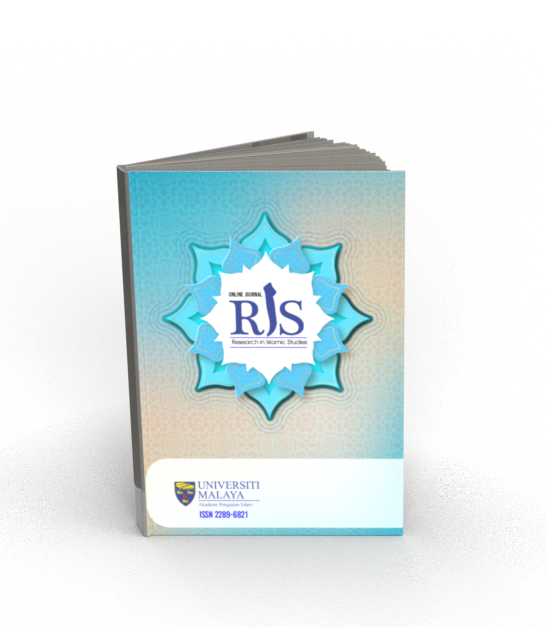Main Article Content
Abstract
Political institutions are part of the overall institutional matrix of a country and cover institutions that are responsible for establishing and maintaining a robust and reliable political system. The impact of an instable political system on general insurance/ Takaful services demand in OIC countries is an area that has not been sufficiently explored in the literature. This study is set to empirically test the impact of political institutions on general insurance/ Takaful consumption in OIC countries versus non-OIC developing countries. To address the research question, fixed effects and random effects models are applied on a strongly balanced dataset covering 36 OIC countries and 67 non-OIC developing countries for the years from 1994 till 2015. The study used two different indicators of political institutions. Namely, the control of corruption index and the government effectiveness index which are retrieved from the World Governance Indicators (WGI). The study utilises insurance density rate as a dependent variable. Further, for more robust findings, the researchers utilise general insurance penetration rate as well. The results suggest that better political institutional environment would play a role in promoting general insurance/ takaful consumption only in OIC countries but not necessarily in non-OIC developing countries. This finding further illustrates the unique institutional environment in OIC countries. This paper recommends that policy makers look into the potential of integrating takaful services in the insurance industry especially in OIC countries that still do not offer Islamic financial services.
Keywords
Article Details
Copyright (c) 2022 Online Journal of Research in Islamic Studies

This work is licensed under a Creative Commons Attribution-NonCommercial-ShareAlike 4.0 International License.
Copyright Notice
By submitting manuscripts to the Online Journal of Research in Islamic Studies (RIS), authors agree to transfer copyright to the journal. However, authors may republish their work or grant others permission to republish it; in which case it should be accompanied by a proper acknowledgment that the work was originally published in the Online Journal of Research in Islamic Studies (RIS). The journal adopt CC-BY-NC licence which authors may also share and distribute their article anywhere of non-commercial website, social media and repositories immediately on publication.
Authors may also reuse the Abstract and Citation information (e.g. Title, Author name, Publication dates) of their article anywhere at any time including social media such as Facebook, blogs and Twitter, providing that where possible a link is included back to the article on the journal site.
